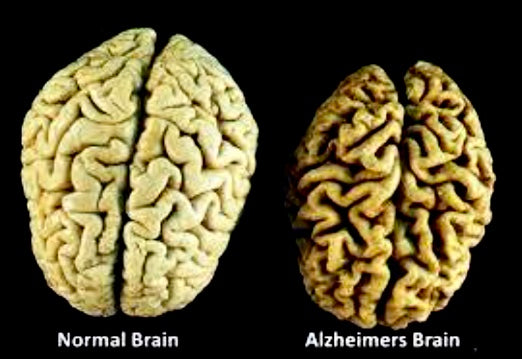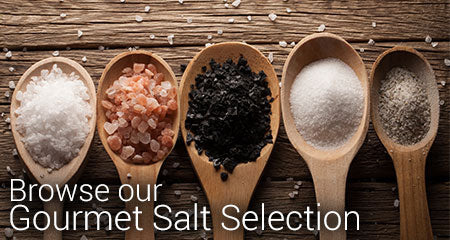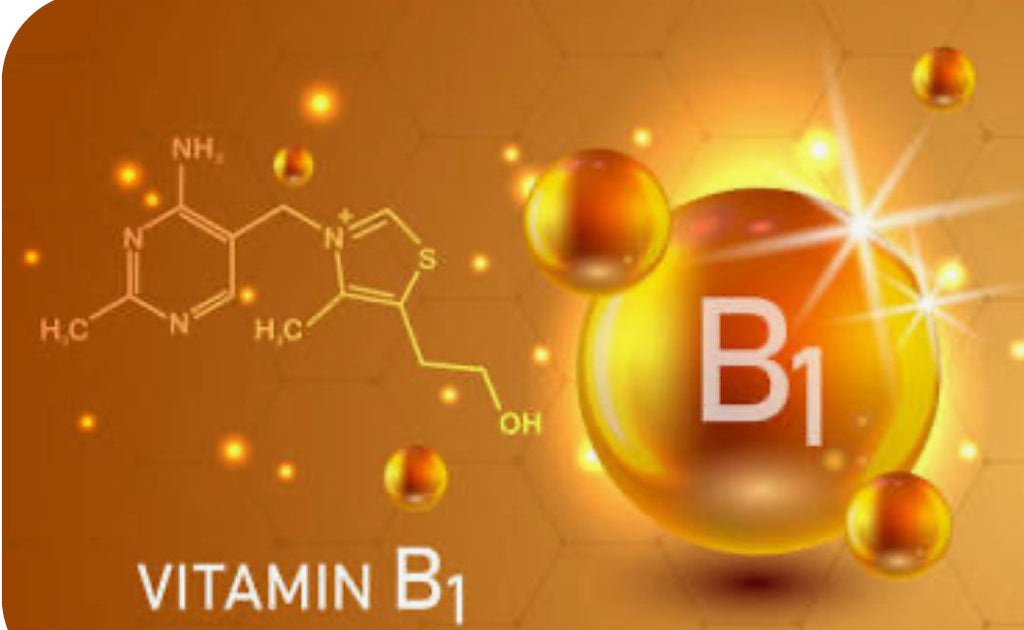How Can I Prevent Alzheimer’s Disease? - Blog # 42

Hello everyone and welcome back to another Friday blog! Today I wanted to address this terrible disease that nearly all of us has been, or will be, affected by at some point in our lives. It may happen to a parent, spouse, or even yourself. It can put a huge financial, physical and emotional burden on the caregiver. Let’s take a look at the statistics taken from the Alzheimer’s Association.
- One in three seniors dies with Alzheimer's or another dementia. It kills more than breast cancer and prostate cancer combined.
- Deaths from Alzheimer's disease have increased significantly. Between 2000 and 2019, the number of deaths from Alzheimer's disease as recorded on death certificates has more than doubled, increasing 145.2%, while the number of deaths from the number one cause of death (heart disease) decreased 7.3%.
- Among people age 70, 61% of those with Alzheimer's dementia are expected to die before the age of 80 compared with 30% of people without Alzheimer's — a rate twice as high.
- People age 65 and older survive an average of four to eight years after a diagnosis of Alzheimer’s dementia, yet some live as long as 20 years with Alzheimer’s.
- One in nine people age 65 and older (11.3%) has Alzheimer's dementia.
- Almost two-thirds of Americans with Alzheimer's are women.
- Older Black Americans are about twice as likely to have Alzheimer's or other dementias as older Whites.
- Older Hispanics are about one and one-half times as likely to have Alzheimer's or other dementias as older Whites.
- About one in three caregivers (30%) is age 65 or older.
- Approximately two-thirds of caregivers are women; more specifically, over one-third of dementia caregivers are daughters.
- Most caregivers (66%) live with the person with dementia in the community.
- Approximately one-quarter of dementia caregivers are "sandwich generation" caregivers — meaning that they care not only for an aging parent, but also for children under age 18.

Wow!! We can see just how devastating and widespread this disease can be. So, what IS Alzheimer’s Disease (AD). AD is named after Alois Alzheimer who discovered abnormal clumps in the brain, now called amyloid plaques, and tangled neuron fibers called tau tangles. These abnormal proteins accumulate and cause damage, initially affecting the hippocampus, preventing access to memories. AD is further characterized by inflammation and shrinking of brain mass. As brain tissue dies, the whole brain shrinks and access to important information is lost.
Because the brain is in charge of the body, many ordinary tasks become increasingly difficult. Walking, meal preparation, feeding oneself, driving, paying bills, bathing and impaired reasoning and judgement are only some of the challenges faced. As a physical therapist, I have treated many patients with AD. A great deal of time and education with family members and primary caregivers is required. It can be very frustrating for both the patient and caregiver, and can progressively worsen over the course of years.
So, WHAT can we do to prevent AD? Through many studies we know that age, lifestyle, diet and genetics play a roll. There are several risk factors including physical inactivity, poor diet, diabetes, smoking, abdominal obesity and high cholesterol. Although they haven’t found a gene that specifically causes AD, “apolipoprotein E (APOE) gene on chromosome 19—does increase a person's risk.” Many other health issues are contributing factors to AD, such as high blood pressure, heart and vascular problems, metabolic syndrome and stroke. Let’s look at the top things we can do to prevent AD.
- Sleep - guard your sleep!! This is when our brain’s cleaning system is actively removing amyloid and harmful proteins that destroy memory and lead to AD! This portion of the brain lymphatic system is being termed “glymphatic system” (due to glial cells). “The glymphatic system is like a ‘dishwasher’ for the brain. When we sleep, the brain cells actually become smaller, forcing more fluid out through the glymphatic vessels.” “Sufficient sleep, especially REM sleep, facilitates the brain’s processing of emotional information. During sleep, the brain works to evaluate and remember thoughts and memories, and it appears that a lack of sleep is especially harmful to the consolidation of positive emotional content. This can influence mood and emotional reactivity and is tied to mental health disorders and their severity, including the risk of suicidal ideas or behaviors3.” **check out blog #30 on sleep** In fact, stimulating the brain’s ‘lymphatic’ system is crucial in the prevention of AD. When sleep is disturbed, this system isn’t going to function right. Why do you think you feel “out of it” if you didn’t sleep very well during the night?
-Nutrition - This is one of the main weapons at our disposal that we can utilize to prevent the accumulation of these harmful proteins! Giving your body the tools it needs to keep your brain healthy is of utmost importance. Eating foods high in antioxidants and polyphenols is crucial for brain and neuronal health. High polyphenol EVOO actually stimulates a lipoprotein called Apo A-IV whose job it is to inhibit lipoprotein oxidation!! While we sleep this lipoprotein goes to work in our liver and intestines. It literally binds harmful substances preventing blood clots, atherosclerosis and cardiovascular events. Not only does EVOO stimulate this protective protein, but EVOO as we well know now decreases inflammation, calms the pace of the heart, balances blood sugar, helps our body to relax and gently fall into a restful sleep. It also crosses the BBB (blood brain barrier) and goes to work to prevent aggregation of amyloid-B proteins that cause Alzheimer’s and dementias.
Okay, so the BBB is is KEY in preventing and treating AD. The BBB is a cell membrane, and we know that Oleic Acid (OA) is actively involved in repair and protection of cell membranes. Your body’s ability to synthesize lipids requires the right dietary raw materials that are critical for the formation of membrane bilayers in multiple organ systems. “The incorporation of oleic acid into the phospholipids of the cell membrane can regulate the membrane structure and, in turn, alter the biophysical properties of the membrane.” Here is an illustration of a membrane bilayer taken from Membrane Composition and Dynamics.

Interestingly, the molecular shape of OA helps to maintain hydration and increase fluidity of cell membranes. So, eat some good fatty fish with EVOO!!!
A team at Temple University published a study in 2017 in the Annals of Clinical and Translational Neurology that further explains how EVOO stimulates autophagy. “Autophagy is the process by which cells break down and clear out intracellular debris and toxins, such as amyloid plaques and tau tangles.” They reported that the brain cells from AD mice models enriched with EVOO “had higher levels of autophagy and reduced levels of amyloid plaques and phosphorylated tau.” Phosphorylated tau is responsible for neurofibrillary tangles, responsible for Alzheimer's memory symptoms. **Check out Blog # 41 on Autophagy**
So, high polyphenol EVOO, Omega 3s (fatty fish), highly colored fresh fruits and vegetables are super important in the prevention of AD. Include onions, garlic, ginger, turmeric, cardamom, black pepper, ginseng, thyme and rosemary to your foods. They contain multiple anti inflammatory compounds that help heal the body. Also, black pepper increases the absorption of turmeric by >70%!!
- Exercise - Several studies have shown a significant reduction in dementia by 28% and Alzheimer’s by 45% with regular physical exercise. “It is shown that moderate-intensity exercise causes intense augmentation of blood flow to the brain, also the cerebral blood flow increment is found in participants trained by exercise than participants who were seated for a long period.” Exercise helps increase blood flow to the brain and helps protect brain volume. When hippocampal volume was boosted due to exercise, cognitive function as well as heart function also improved.
So, until next time my friends, drink, drizzle, digest high polyphenol EVOO, eat wild-caught fatty fish rich in Omega 3s, eat foods high in lutein, drink lots of water, get a good pre/probiotic, exercise your body and mind, add a few minutes of mindful meditation to your day to combat stress, get plenty of sleep and...turn off the light!! #EVOO
This blog is intended for informational purposes only. Discuss strategies with your Healthcare Practitioner.







Comments (1)
Thank you for letting us know what we can do to try to avoid Alzheimer’s! I’m grateful for all your research Julie😃